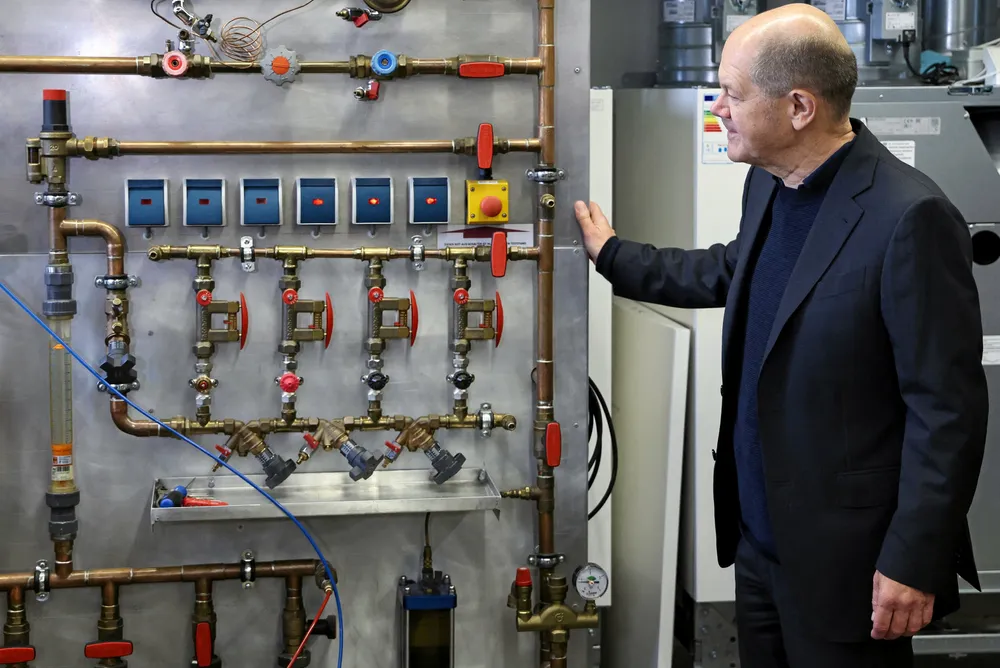Hydrogen boilers are not an economical way to decarbonise heat, says study backed by gas companies
German-government funded research also pushes back against fossil fuel industry claims that reusing the gas network for hydrogen is cheaper than upgrading the power grid to run heat pumps
